5th Floor, West Tower, World Financial Centre
1 Dong San Huan Middle Road
Chaoyang District, Beijing 100020, China
Tel: +86 10 5081 5880

September 25, 2023
SAIF Releases White Paper on Development of China's Public Offering REITs Market ...
On September 18th, the Shanghai Advanced Institute of Finance (SAIF) released the "2023 White Paper on the Development of China's Public Offering REITs Market." It aims to deepen understanding of China's public REITs market and promote regular issuance an
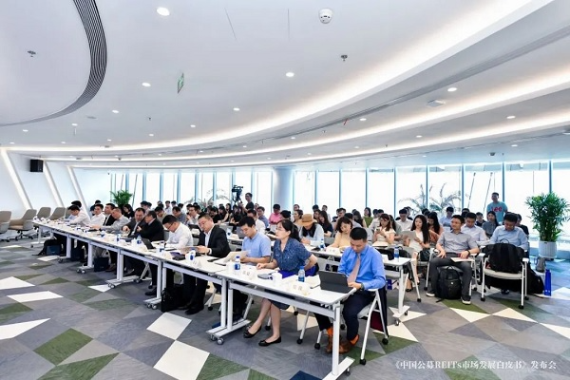
September 22, 2023
SAIF-Charles Schwab 2023 China Rising Affluent Financial Well-Being Index Releas ...
On September 19th, the Shanghai Advanced Institute of Finance (SAIF) and Charles Schwab released the 2023 China Rising Affluent Financial Well-Being Index, the seventh consecutive annual edition.
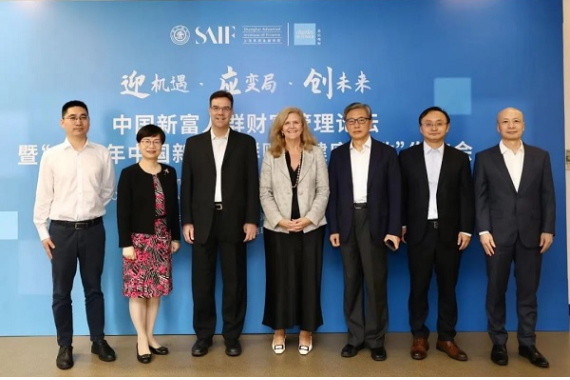
September 21, 2023
SAIF Provides Academic Support for the 2023 ESG Global Leaders Conference
The 2023 ESG Global Leaders Conference was held in Shanghai from September 13th to 15th, with academic support provided by the Shanghai Advanced Institute of Finance (SAIF). The conference invited over 160 representatives from China and abroad. Attendees
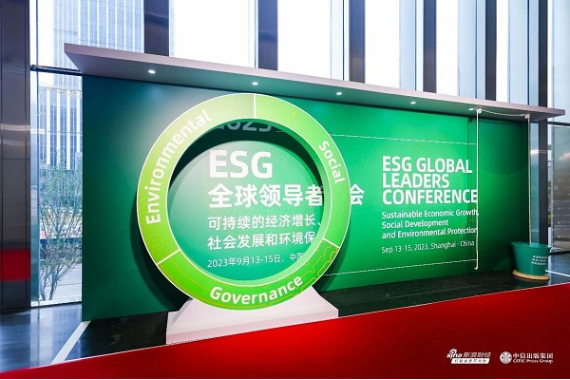
August 23, 2023
SAIF ThinkTank Organizes Closed-Door Seminar on Digital Financial Innovation in ...
The recent closed-door seminar titled "Digital Financial Innovation in Hong Kong and Macau: Policy, Application, and Security Development" was held in Hong Kong by SAIF ThinkTank.
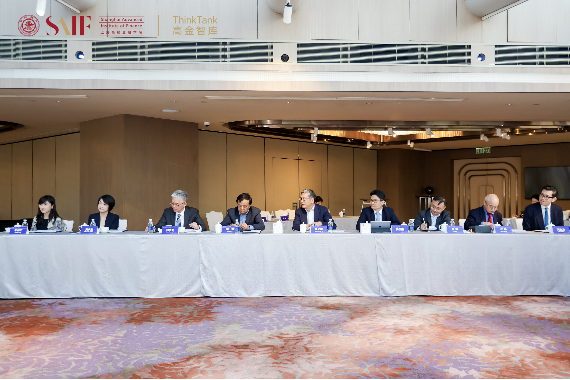
August 22, 2023
SAIF-CAFR Financial Research Summer Camp 2023: Advancing Financial Research Educ ...
From July 10th to 11th, 2023, the 6th SAIF-CAFR Financial Research Summer Camp took place at the SAIF Xuhui Campus. This notable event was jointly organized by SAIF (Shanghai Advanced Institute of Finance) and CAFR (China Academy of Financial Research).
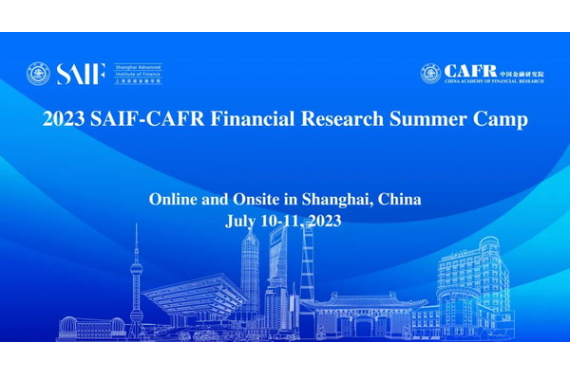
August 21, 2023
2023 Summer Institute of Finance (SIF) Conference Concludes
The 13th Summer Institute of Finance Conference (SIF) took place on July 12th – 13th, 2023, organized by the Shanghai Advanced Institute of Finance (SAIF) and the China Academy of Financial Research (CAFR) at Shanghai Jiao Tong University (SJTU). This yea
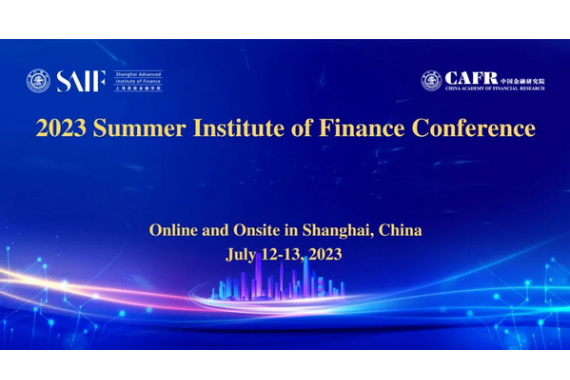
July 28, 2023
20th China International Conference in Finance held in Shanghai
The 20th China International Conference in Finance (CICF) was held from July 6th to 9th, showcasing its status as one of the world's prestigious financial academic conferences. This year witnessed the active involvement of leading financial and economic s
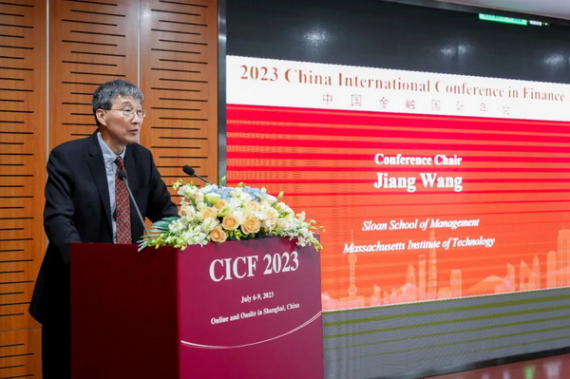
July 27, 2023
Inauguration of the SAIF Southeast Asia Center in Singapore
The SAIF Southeast Asia Center was officially inaugurated on July 11th during the inauguration ceremony of the new centers of SJTU Singapore Graduate School. As the first overseas operation center of SAIF, the SAIF Southeast Asia Center will facilitate th
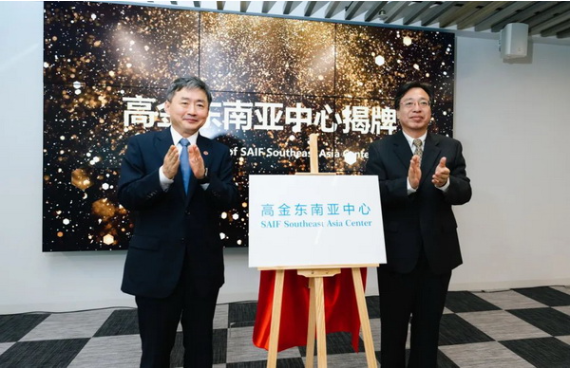
July 26, 2023
Appointment of Professors to the Shanghai Finance Society
During a recent General Assembly and the First Meeting of the 11th Council, the Shanghai Finance Society successfully conducted its general election. Notable attendees included Penghui Jin, Deputy Director of the People's Bank of China Shanghai Headquarte

July 25, 2023
Hong Kong-Shanghai Science and Finance Forum: A Platform for Cooperation and Exc ...
The inaugural Hong Kong-Shanghai Science and Finance Forum took place on July 14th in Hong Kong, marking a significant milestone in promoting collaboration between the two cities in the areas of science, technology innovation, and finance. The event was o
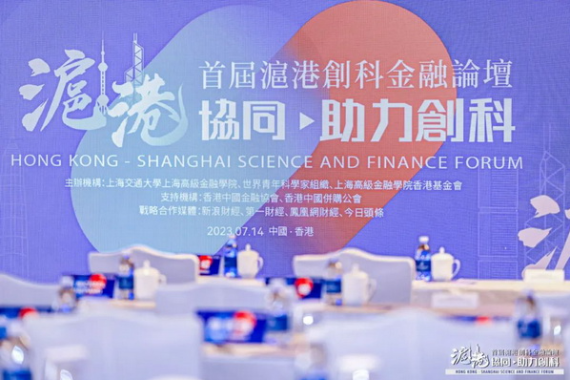

211 West Huaihai Road
Shanghai 200030, China
Tel: +86 21 6293 3500
9th Floor, Building T6, Hongqiao Hui
990 Shenchang Road
Shanghai 201106, China
3rd Floor, Building D, Chenfeng Building
800 Tongpu Road
Shanghai 200062, China
5th Floor, West Tower, World Financial Centre
1 Dong San Huan Middle Road
Chaoyang District, Beijing 100020, China
Tel: +86 10 5081 5880
1203 Tower 7, One Shenzhen Bay
Nanshan District, Shenzhen 518000, China
Tel: +86 755 8663 8815
© Shanghai Advanced Institute of Finance All Rights Reserved.


Top